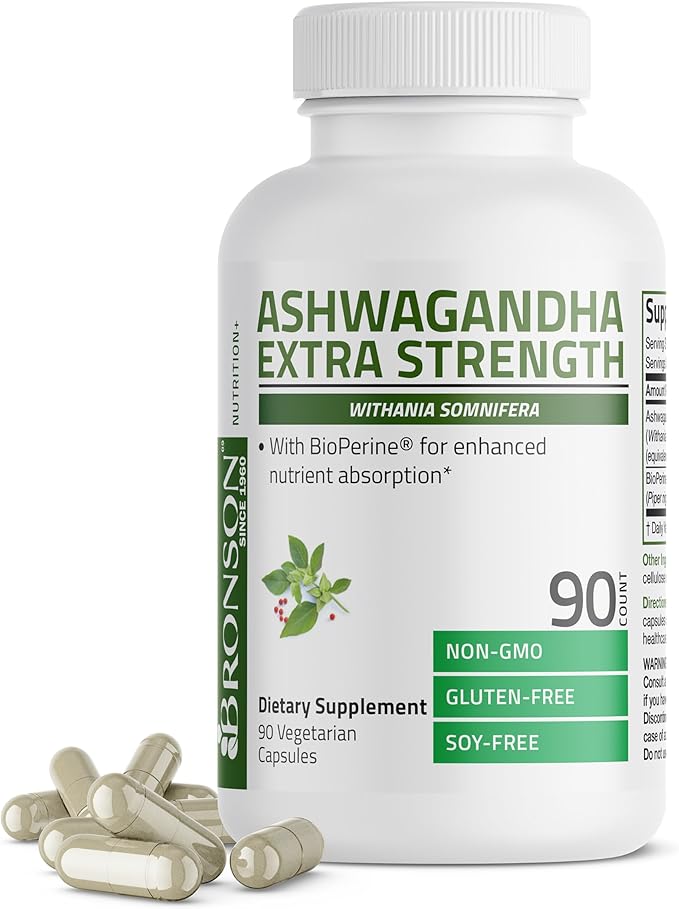Can you take Acetyl L-Carnitine and meso-zeaxanthin together?
Interaction Details
Taking Acetyl L-Carnitine and meso-zeaxanthin together has the potential for moderate to good synergy, suggesting a rating of 4 out of 5.
Acetyl L-Carnitine and meso-zeaxanthin have distinct primary functions, with Acetyl L-Carnitine being involved in energy production and neural health, and meso-zeaxanthin acting as an antioxidant particularly beneficial for eye health. The synergy between them could stem from their combined effects on overall cellular health and protection against oxidative stress. Acetyl L-Carnitine's role in supporting mitochondrial function could complement meso-zeaxanthin's antioxidant properties, potentially enhancing the protection of cells from damage. Additionally, the neuroprotective effects of Acetyl L-Carnitine might be augmented by the antioxidant action of meso-zeaxanthin, potentially leading to enhanced neural health and function. This combined effect could contribute to a synergistic relationship where the overall benefit of taking both supplements together is greater than the sum of their individual effects.
Potential Benefits
Potential Risks
Acetyl L-Carnitine
Acetyl L-Carnitine (ALCAR) is an acetylated form of L-Carnitine, an amino acid derivative that plays a crucial role in energy production. It is involved in the transportation of fatty acids into mitochondria, where they can be burned for energy.
meso-zeaxanthin
Meso-zeaxanthin is a carotenoid, a type of antioxidant found in the retina of the eye. It's used as a dietary supplement to support eye health.
For L-Carnitine:
- Boosts energy production greatly.
L-Carnitine plays a crucial role in transporting fatty acids to the mitochondria for energy production. - Supports heart health strongly.
L-Carnitine may help improve heart function and reduce the risk of cardiovascular disease. - Enhances exercise performance.
L-Carnitine can aid in reducing muscle fatigue and improving endurance during physical activity.
- May interact with blood thinners.
L-Carnitine may enhance the effects of anticoagulant medications, potentially increasing the risk of bleeding.
